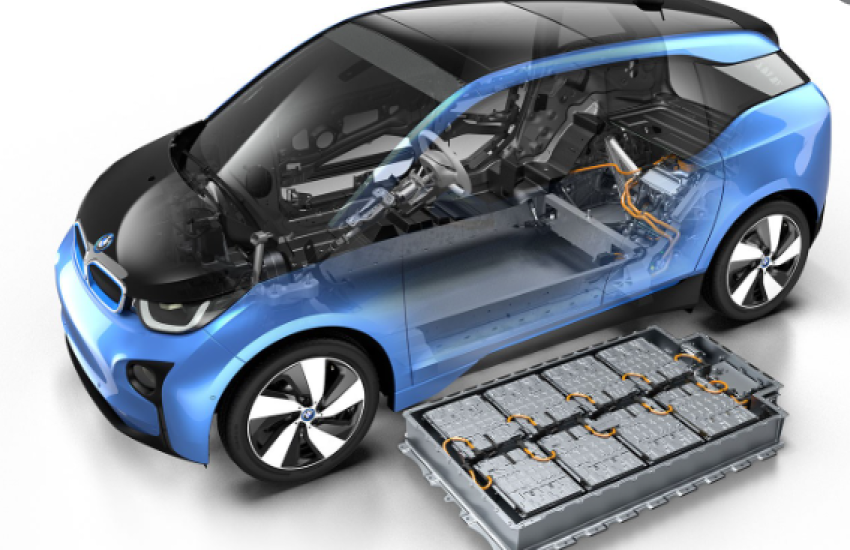Which is better, lead-acid battery or lithium battery for electric vehicles?
Before buying a car, most people will definitely be more concerned about the price and the most critical component of an electric car, the battery. There are only two types of batteries on the market: lead-acid batteries and lithium-ion batteries, which also determine the overall price to a large extent. Lead-acid batteries are cheap and lithium-ion batteries are expensive, which makes many consumers discouraged from lithium-ion batteries. Choose lead-acid batteries, but are lithium-ion battery electric cars really that expensive?
Which is better, lead-acid battery or lithium-ion battery for electric vehicles?
With the update of electric vehicle battery technology, the development and use of lithium-ion batteries are increasing year by year. However, it is only on the rise. There is still a long way to go to replace the status of traditional lead-acid batteries due to the performance and cost performance of lithium-ion batteries. Which one is better, lead-acid battery or lithium-ion battery? Regarding the development of lithium-ion batteries in the future, what is the prospect? Relevant experts said when talking about the trend of "lithium electrification" of electric bicycles, lead-acid batteries will still occupy the dominant position of power lithium batteries for electric bicycles in the future.
There are three types of batteries commonly used in electric bicycles, storage batteries, nickel-metal hydride batteries, and lithium-ion batteries. Lithium-ion battery electric bicycles are very light and use a long time. What are the advantages and disadvantages compared with batteries?
1. Half the price of an electric car is on the battery. The price of lithium-ion batteries is much higher than that of lead-acid batteries, and lithium electric vehicles are also much more expensive.
2. In terms of quality, it has a long battery life and can run farther than lead-acid batteries.
3. Be sure to pay attention to waterproofing during use, which is harder to serve than lead-acid batteries. The manganese dioxide in the positive electrode of the lithium-ion battery can generate heat with only a small drop of water. After the sulfurous chloride in the lithium-ion battery contacts with water, it releases heat energy while generating hydrochloric acid and sulfur dioxide. Several factors make the lithium-ion battery a "tinder" in life. When using lithium-ion batteries, be sure to pay attention to waterproof, Moisture proof.
4. From the perspective of environmental protection, lithium-ion batteries are more environmentally friendly than lead-acid.
Although lithium-ion batteries have many advantages, their disadvantages are also more obvious.
The production cost of lithium-ion batteries is high, and the expensive labor cost of production equipment accounts for about 40% of the production cost, and the price is about three times that of lead-acid batteries.
The most important problem is that lithium-ion batteries have a fire and explosion safety hazard, especially when consumers are deceived by profiteers without knowing it, resulting in the purchase of inferior lithium-ion batteries. In electric vehicles, the sealing conditions are not very good, and it is easy to get wet. There may be potential safety hazards due to poor contact and other reasons.
Which one is better, lead-acid battery or lithium-ion battery for electric vehicles? At this stage, it can only be determined by demand.
Through the above analysis, everyone should have a certain understanding of which one is better for electric vehicle lead-acid batteries and lithium-ion batteries, and I hope it will be helpful to everyone.




